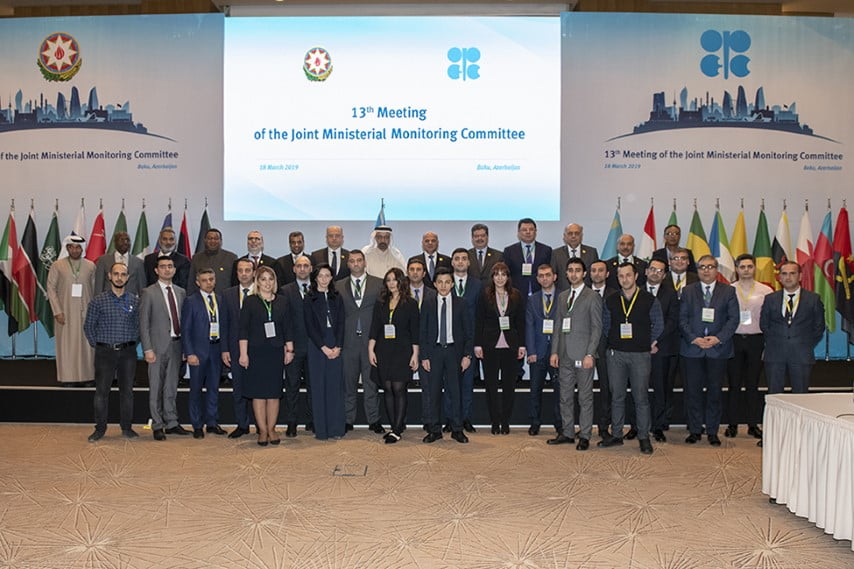Qatar leaves OPEC group
What is OPEC?
Organization of the Petroleum Exporting Countries (OPEC). It is an intergovernmental organization of 14 nations (as of January 2019). It was founded in 1960 in Baghdad by the first five members (Iran, Iraq, Kuwait, Saudi Arabia, and Venezuela) and formed to negotiate with oil companies on matters like oil production and price. As of September 2018, the then 15 member countries accounted for an estimated 44 percent of global oil production and 81.5 percent of the world’s “proven” oil reserves, giving OPEC a significant influence on global oil prices. The current OPEC members are the following: Algeria, Angola, Ecuador, Equatorial Guinea, Gabon, Iran, Iraq, Kuwait, Libya, Nigeria, the Republic of the Congo, Saudi Arabia (the de facto leader), United Arab Emirates, and Venezuela.
Why Qatar Left?
Qatar announced it would leave OPEC starting in January 2019 to focus its efforts on natural gas. To increase its natural gas production from 77 million tonnes per year to 110 million tonnes in the coming years. Since 2013, the amount of oil Qatar produced has steadily declined from about 728,000 barrels per day in 2013 to about 607,000 per day in 2017. Qatar joined OPEC in 1961, one year after the organization’s establishment. Qatar was the first Gulf country to leave the bloc of oil-producing countries. One reason could be “due to diplomatic blockade on Qatar by Saudi Arabia,” the United Arab Emirates (UAE), Egypt, and Bahrain, the country has left the OPEC. Qatar denied the “Diplomatic blockade” reason.
OPEC Basket Price
OPEC Basket
| DAILY BASKET | PRICE |
| 03/05/2022 | $ 109.8 |
| 02/05/2022 | $ 110.29 |
| 29/04/2022 | $ 107.99 |
| 28/04/2022 | $ 105.3 |
| 27/04/2022 | $ 105.33 |
| 26/04/2022 | $ 102.94 |
| 25/04/2022 | $ 101.93 |
| 22/04/2022 | $ 107.66 |
| 21/04/2022 | $ 108.81 |
| 20/04/2022 | $ 107.97 |
What is Saudi’s problem with Qatar?
Qatar has long shown an independent mind in foreign policy. It has a close economic and diplomatic relationship with Shia Iran, Sunni Saudi’s great regional rival. On June 5, 2017, Saudi Arabia, UAE, and Bahrain cut ties with Qatar, directed Qatari citizens to leave within 14 days, and forbade their citizens from going to or staying in Qatar. Egypt severed diplomatic contact with Doha, and all of them shut their airspace to Qatari aircraft and told foreign airlines to seek permission if flying to and from Qatar. Saudi sealed Qatar’s only land border and closed its ports to Qatari-flagged ships. Before Qatar, Indonesia was the first to leave the OPEC. In May 2008, Indonesia announced that it would leave OPEC when its membership expired at the end of that year, having become a net importer of oil and unable to meet its production quota. It re-joined the organization in January 2016 but announced another “temporary suspension” of its membership at year-end when OPEC requested a 5 percent production cut.
Will Qatar leaving OPEC impact global oil prices?
Not really. Qatar was a tiny player that pumped nearly 609,000 barrels daily, only 2% of OPEC’s total output of 32.9 million barrels per day. However, over the last decades, it has been mediating internal rivalries in OPEC and striking production-cut deals with producers like Russia. This is where its absence may hurt OPEC, mainly due to the ongoing Russia-Ukraine crisis. Qatar had limited influence on OPEC’s pricing decisions.





